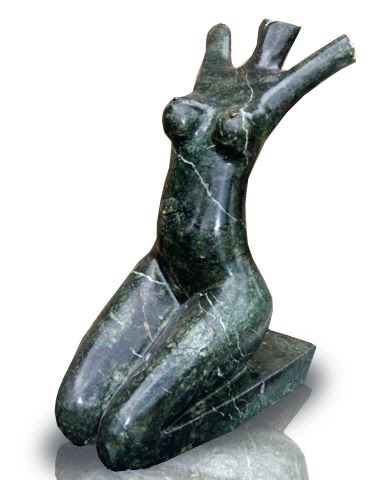"It is not that we have a short space of time, but that we waste much of it. Life is long enough, and it has been given in sufficiently generous measure to allow the accomplishment of the very greatest things if the whole of it is well invested. But when it is squandered in luxury and carelessness, when it is devoted to no good end, forced at last by the ultimate necessity we perceive that it has passed away before we were aware that it was passing. So it is—the life we receive is not short, but we make it so, nor do we have any lack of it, but are wasteful of it. Just as great and princely wealth is scattered in a moment when it comes into the hands of a bad owner, while wealth however limited, if it is entrusted to a good guardian, increases by use, so our life is amply long for him who orders it properly.
Why do we complain of Nature? She has shown herself kindly; life, if you know how to use it, is long. But one man is possessed by an avarice that is insatiable, another by a toilsome devotion to tasks that are useless; one man is besotted with wine, another is paralyzed by sloth; one man is exhausted by an ambition that always hangs upon the decision of others, another, driven on by the greed of the trader, is led over all lands and all seas by the hope of gain; some are tormented by a passion for war and are always either bent upon inflicting danger upon others or concerned about their own; some there are who are worn out by voluntary servitude in a thankless attendance upon the great; many are kept busy either in the pursuit of other men's fortune or in complaining of their own; many, following no fixed aim, shifting and inconstant and dissatisfied, are plunged by their fickleness into plans that are ever new; some have no fixed principle by which to direct their course, but Fate takes them unawares while they loll and yawn—so surely does it happen that I cannot doubt the truth of that utterance which the greatest of poets delivered with all the seeming of an oracle: "The part of life we really live is small." For all the rest of existence is not life, but merely time.
In short, run through the list of all these men from the lowest to the highest—this man desires an advocate, this one answers the call, that one is on trial, that one defends him, that one gives sentence; no one asserts his claim to himself, everyone is wasted for the sake of another.
Ask about the men whose names are known by heart, and you will see that these are the marks that distinguish them: A cultivates B and B cultivates C; no one is his own master.
And then certain men show the most senseless indignation—they complain of the insolence of their superiors, because they were too busy to see them when they wished an audience! But can anyone have the hardihood to complain of the pride of another when he himself has no time to attend to himself? After all, no matter who you are, the great man does sometimes look toward you even if his face is insolent, he does sometimes condescend to listen to your words, he permits you to appear at his side; but you never deign to look upon yourself, to give ear to yourself. There is no reason, therefore, to count anyone in debt for such services, seeing that, when you performed them, you had no wish for another's company, but could not endure your own."
Tuesday 8 February 2011
Subscribe to:
Posts (Atom)
